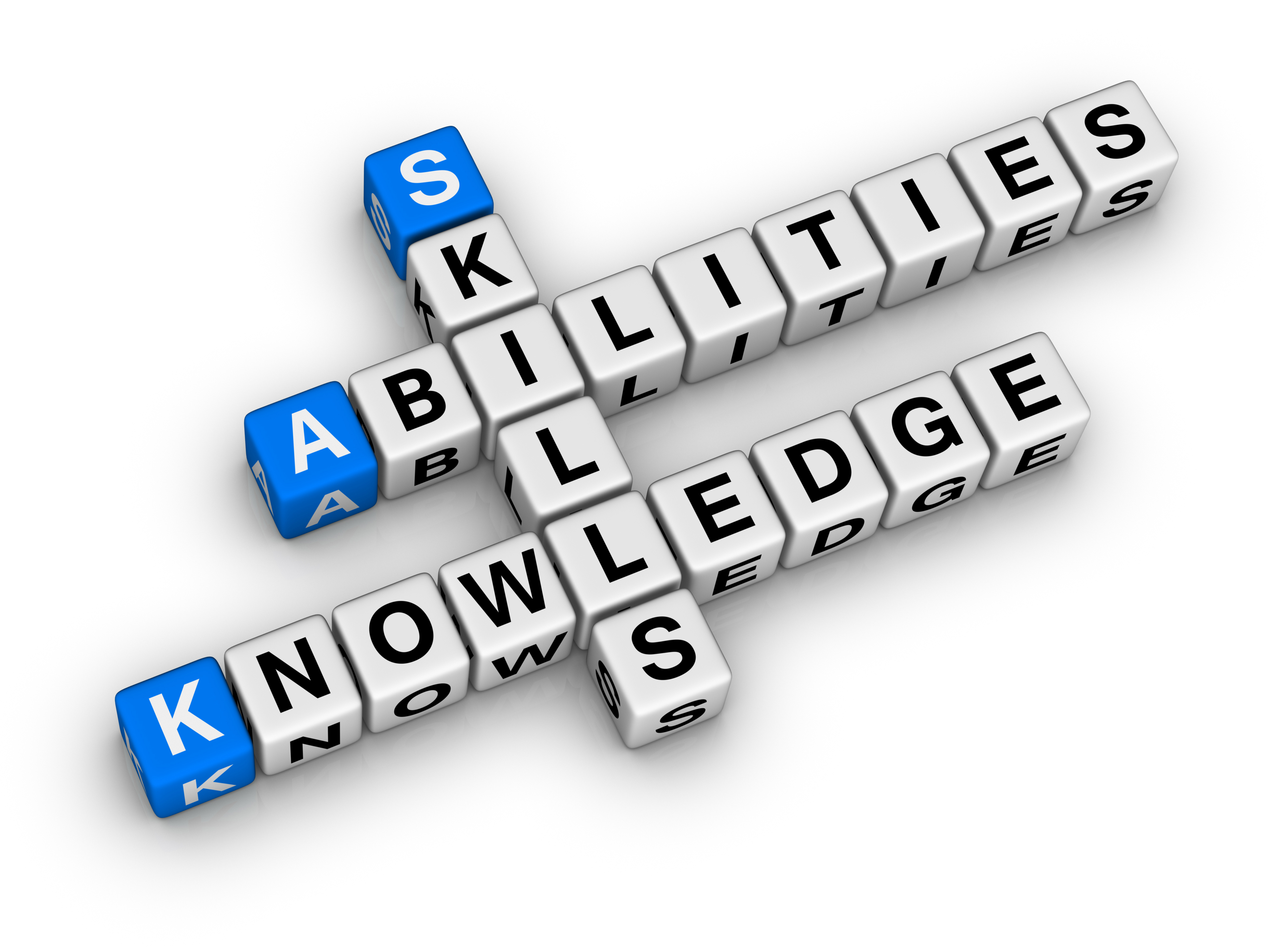
Information literacy, it doesn’t ring a loud bell with many people, yet it has obvious links with the core business of research and education at the university - the effective and responsible use of scholarly information and data. A much used definition is:
Information literate people will demonstrate an awareness of how they gather, use, manage, synthesize and create information (and data) in an ethical manner and will have the information skills to do so effectively. (SCONUL, 2011, p.3)
Not every student, researcher or instructor needs the same information, and data at the same time, obviously. That’s why our e-portfolio aims at:
This means a 24/7, freely available portfolio consisting of short modules, each covering one specific topic, from bachelor student level to PhD candidate level. The topics are grouped in ten guides that follow the research cycle and can be worked through separately, when needed.

The first five guides - about the basics of searching, finding, citing, evaluating (scholarly) information and data, and integrity issues - are more focused on BA 1-3 level. The last five - from doing a literature review to managing data and publishing & profiling issues - are of more interest to (research) master students and PhD candidates. As an instructor or supervisor you can choose topics relevant to your students to embed in your Canvas course, or ask for an hands-on workshop if you think your students could do with more practical training.
From e-reading to e-learning
So instead of courses with lots of text, these modules consist of a combination of short introductory videos, interactive exercises, short texts and hand-outs. Just offering videos is tempting, but is not sufficient if you also want students to get motivated in their learning process. That's why we used the educational model of John Keller, ARCS (Attention, Relevance, Confidence en Satisfaction) as the basic design principle. Risbo, the independent training and advice institute of the EUR, advised and assisted us with the design of the portfolio.
PhD candidates of the Erasmus Graduate School of Social Sciences and the Humanities (EGSH) assisted us in the choice of relevant topics and the design of the more advanced modules, especially about doing the literature review.
Blended learning
Our approach works fine together with the concept of blended learning.
There are many blended learning options when using our modules, and you - as instructor - has to use the options that best fits the goals you want the students to reach. When looking at the Library resources, you also need to keep those goals in mind.
What we love about blended learning, is that it allows for adaptability. You can use our online resources in- or outside of the classroom. We have handouts that students can look at on their own, or fill in together in class. The instructor is free to identify what best fits the needs of his or her course.
Secondly, information skills are not attached to a single course or a single assignment. Students need them throughout their academic career, and in all assignments. From writing papers to giving presentation to having a debate.
Third, by embedding different modules in different ways we can account for students with different levels. An instructor can refer to the Information Skills portfolio so weaker students can brush up on their skills as they see necessary, or embed a module into the course as a mandatory element that all students need to revise.
Blended learning in general allows for a more activating and personalized form of learning and the Library is happy to virtually jump in where necessary. But like I said, blended learning does not mean everything is online. Think about how you can blend the online and offline aspects. Think about how students can practice an academic skill while focusing on academic content. Instructors who are interested in using the Library’s resources in their course can always come to the Information Skills team for advice or practical ideas on how to do this.